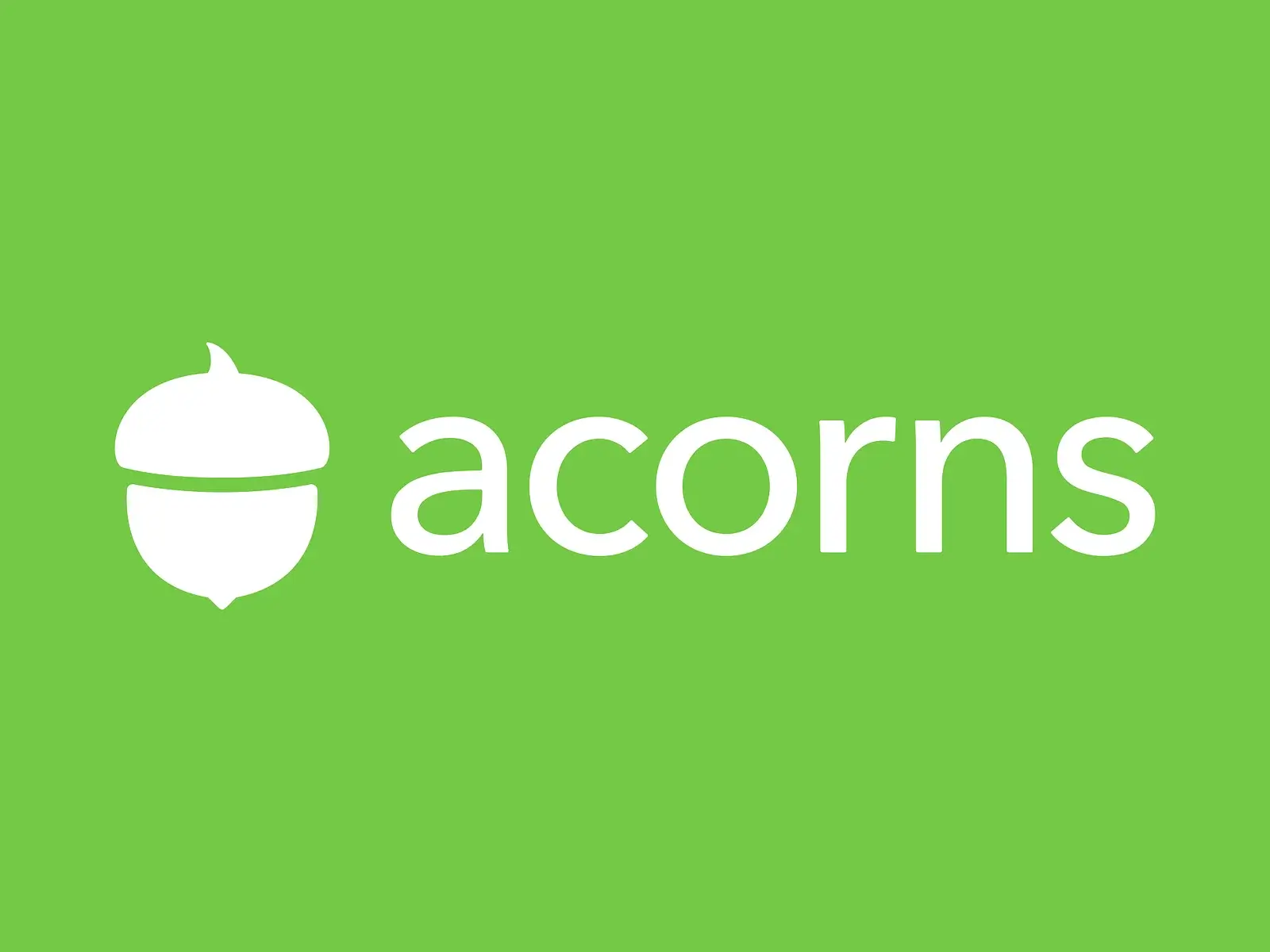Have you heard in discussions with your colleagues or on the internet about Robinhood custodial accounts and were curious to see if there are custodial accounts on Robinhood and find out what a custodial account entails?
You’ve come to the right place because our article aims to help you discover everything you need about Robinhood custodial accounts.
Let’s dive in!
What is a Custodial Account?
A custodial account is a savings or investment account opened by an adult for a minor, intending to transfer it to the beneficiary once they reach a specific age, typically determined by state law.
Parents or grandparents may opt for a custodial account when they wish to save and invest for a child’s future, but the child is too young to manage it.
Despite being initiated and overseen by an adult, the funds in a custodial account legally belong to the minor as soon as they are deposited. Adults cannot withdraw funds once they have entered the account. Upon reaching a certain age, usually 18 or 21, depending on the state, the beneficiary gains control of the account.
Custodial accounts can be established for various purposes, such as saving for a child’s college education, initiating retirement savings, or simply gifting money for their transition into adulthood.
How Does a Custodial Account Work?
Let’s take a practical example to understand how a custodial account works.
Imagine you want to save or invest money for a minor’s future, maybe your child or grandchild. A custodial account allows you to do just that.
As an adult, you take the initiative to open a custodial account for the minor. This can be done at a bank, brokerage firm, or any other financial institution that offers such accounts. Once the account is set up, you can contribute money or even securities like stocks and bonds.
Unlike some retirement accounts, there are usually no limits on how much you can contribute.
The key responsibility falls on you, the adult. You become the custodian, legally responsible for managing the account and making investment decisions. This means choosing investments that align with the minor’s age and long-term goals. You’ll want to prioritize options that will benefit the minor’s future, keeping their age and risk tolerance in mind.
There can be some tax benefits associated with custodial accounts. For instance, investment earnings on certain assets held within the account might be taxed at the minor’s lower tax rate, potentially offering some tax savings compared to holding those assets in your account. However, it’s always best for you to consult with a tax advisor to understand the specifics of your situation.
The ultimate goal is for the minor to benefit from the account. Once they reach the age of majority, which varies by state, ownership of the account and its assets automatically transfers to them. At that point, they have complete control over the funds. They can keep the money invested, withdraw it entirely, or use it for any other purpose they see fit.
It’s important to remember that contributions to a custodial account are generally irrevocable. Once you put money or assets in, you can’t take them back. The gift becomes permanent.
Additionally, while you manage the account, there might be limitations on spending the funds. Typically, the money must be used for the minor’s benefit, such as education or future expenses.
Finally, it’s wise to designate a successor custodian if something happens to you. This ensures the account continues to be managed for the minor’s well-being, even in your absence.
What are the Types of Custodial Accounts?
There are two main custodial accounts for minors:
- Uniform Gift to Minors Act (UGMA) accounts;
- Uniform Transfer to Minors Act (UTMA) accounts.
While both types of accounts share similarities, they differ primarily in the assets that can be contributed and managed. The specific type of account available to an individual depends on the state in which they reside.
1. Uniform Gift to Minors Act (UGMA) Account
- Allows contributions of cash, securities (such as stocks and bonds), and insurance policies.
- Provides flexibility in the assets that can be held within the account.
2. Uniform Transfer to Minors Act (UTMA) Account
- Offers broader flexibility by allowing contributions of any type of investment.
- Owners can contribute cash, investments, and physical assets like real estate to these accounts.
How Does Robinhood Use Custodial Accounts?
Robinhood currently DOES NOT provide a brokerage account, also known as a custodial account, for individuals under the age of 18. This means that minors CANNOT open accounts with Robinhood for investing purposes, and not even the custodian.
Why is that?
There are several potential reasons why Robinhood has chosen not to offer custodial accounts:
1. Regulatory Complexity – Managing custodial accounts involves adhering to specific regulations imposed by different states. Since Robinhood is a relatively young and rapidly growing company, it may prioritize streamlining its operations and avoiding the complexities of navigating regulations across various jurisdictions.
2. Target Audience – Robinhood primarily targets young investors and individuals comfortable managing their investments independently. Custodial accounts, on the other hand, cater to adults who manage assets on behalf of minors, serving a different demographic.
3. Account Features – Custodial accounts typically restrict investment options and spending compared to regular brokerage accounts. Developing and maintaining these restricted features within the Robinhood platform may not align with its infrastructure or goals.
4. Risk Management – Minors are not legally or financially liable for their investment decisions. Introducing custodial accounts would add an extra layer of complexity to Robinhood’s risk assessment, as the adult custodian would ultimately be responsible for the minor’s investment activities.
What Trading Apps Offer Custodial Accounts?
While Robinhood may not provide custodial accounts, there’s a diverse range of companies catering to individual needs and preferences.
Several prominent trading platforms offer custodial account options, ensuring users have ample choices to suit their specific requirements:
Charles Schwab

Charles Schwab is a top trading app offering custodial accounts.
We consider that at the time of writing, Charles Schwab offers great custodial accounts based on diverse factors.
Firstly, it boasts a rich history in the financial industry, tracing back to its establishment in 1971. This longevity signifies stability and reliability, assuring users of its trusted services.
One of its standout features is the absence of annual fees, making it a cost-effective choice. Moreover, Charles Schwab’s custodial accounts do not impose a contribution limit, offering flexibility in managing investments for minors.
Additionally, the platform requires no minimum opening deposit, making it accessible to many users, including those with limited initial funds.
While Charles Schwab may not support cryptocurrency trading, its comprehensive range of investment options within the Schwab One Custodial Account is impressive.
Users can buy and sell stocks, mutual funds, ETFs, and other securities, providing diverse opportunities for portfolio growth.
Vanguard

Vanguard is another excellent option for custodial accounts, especially for mutual funds, thanks to its wide array of affordable investment choices.
One of its main advantages is its diverse selection of mutual funds, offering investors plenty of options to match their investment goals.
A notable perk of Vanguard’s custodial accounts is the lack of enrollment, transfer, or advisor fees, providing cost-effective investment solutions for users.
Additionally, Vanguard’s mutual funds are well-known for their low expense ratios, ensuring investors can maximize their returns without facing high fees.
Although fractional shares are only available for ETFs, Vanguard compensates with its extensive lineup of mutual funds, stocks, bonds, and ETFs, catering to various investment preferences. Furthermore, investors can take advantage of custom scheduling options to fund their custodial accounts, giving them more flexibility in investment management.
Acorns

Acorns has served over ten million users since its launch in 2012, cementing its reputation as a leading Robo advisor in the investment industry.
Besides, Acorns is a top choice for custodial accounts, particularly with its user-friendly interface, a wealth of educational resources, and comprehensive financial wellness platform.
One of the key advantages of Acorns is its easy-to-set-up custodial accounts, which can be established in under three minutes. This feature, known as Acorns Early Investing, allows parents to open UTMA or UGMA accounts for minors seamlessly. With no minimum deposit requirement, Acorns makes it accessible for families to start investing for their children’s future.
Furthermore, Acorns provides users with exclusive bonus investments and family financial advice, enhancing their overall investing experience.
Related articles: How to Transfer from Robinhood to Coinbase | How to Withdraw Money from Robinhood Account | CashApp vs Robinhood – Which Is Better for Beginners?
FAQs
Can I Open a Robinhood Account for My Child?
No, Robinhood does not provide custodial accounts, so you cannot open one for your child with their platform.
Can I Open a Schwab Account for My Child?
Yes, you can. Schwab offers a Schwab One® Custodial Account specifically designed for minors. This account allows you to manage investments on behalf of your child until they reach the age of 18.
What is a Custodian?
A custodian is typically a large and reputable institution like a bank that is responsible for safeguarding your financial assets, whether they are electronic or physical. They hold investments such as stocks, bonds, jewelry, and gold on your behalf. When you deposit funds into a custodial account, they are directly entrusted to the custodian along with your account number. For some custodial accounts, the Internal Revenue Service mandates that the custodian be a bank, savings and loan association, or federally insured credit union or has explicit written approval from the IRS.
What is a Roth IRA?
A Roth IRA is a type of individual retirement account (IRA) that allows you to contribute after-tax dollars. This means you pay taxes on the money you contribute now, but any qualified withdrawals made after the age of 59½ and after you’ve owned the account for at least five years are typically tax-free and penalty-free.
Conclusion
Robinhood presents a solid option for those interested in diverse trading and investment opportunities. However, if you have children or minors under your care, you’ll need a custodial account for them.
Currently, Robinhood does not provide custodial account services. Fortunately, there are alternative platforms where you can establish various types of custodial accounts, such as UTMA or UGMA accounts, for your children.
Consider exploring these platforms to select the most suitable option for creating and overseeing a custodial account tailored to your specific long-term objectives.

